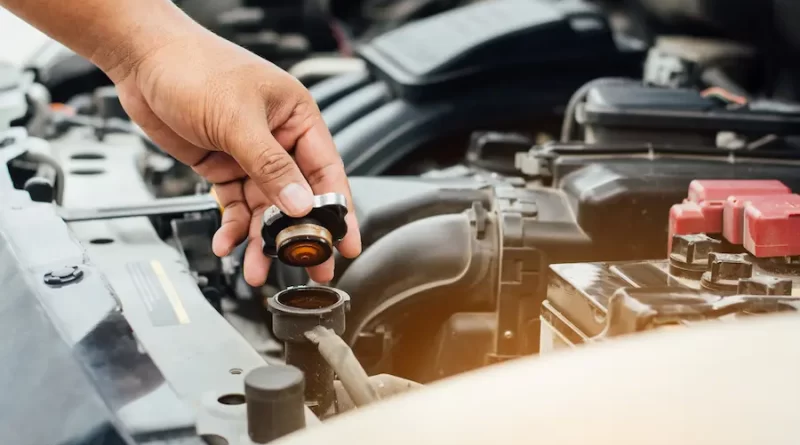How much does it cost to repair a radiator in a car?
Maintaining a vehicle involves addressing various components, and one critical aspect is the radiator. The radiator is pivotal in keeping your engine cool, preventing overheating and potential damage. However, when issues arise, such as leaks or malfunctions, it becomes necessary to explore the costs associated with radiator repair. For more information about car and radiator repair be sure to check out Natrad. In this, we’ll delve into the factors influencing the radiator repair cost and offer insights into what you can expect.
Factors Affecting Radiator Repair Costs:
1. Type of Repair Needed:
Radiator issues can vary in complexity, ranging from minor leaks to more significant malfunctions. The type of repair required significantly influences the overall cost. Minor leaks might only necessitate patching, while more extensive damage may require a complete radiator replacement.
2. Radiator Type and Material:
The make and model of your vehicle, as well as the material of the radiator, can impact repair costs. Different cars have varying radiator designs, and some radiators are made with more expensive materials. The cost of repairing or replacing a high-end radiator will naturally be higher than that of a standard one.
3. Labor Costs:
The labor involved in radiator repair contributes substantially to the overall expense. Labor costs can vary based on the complexity of the repair and the rates charged by the automotive repair shop. In some cases, it might be more cost-effective to choose a reputable but reasonably priced mechanic over a high-end dealership.
4. Additional Parts:
Sometimes, the repair process may require the replacement of additional components such as hoses, clamps, or the thermostat. The inclusion of these parts in the repair can increase the overall cost.
5. Location and Shop Rates:
Geographical location plays a role in determining radiator repair costs. In areas with a higher cost of living, labor rates and overall repair expenses may be more expensive. Different repair shops may also have varying rates, so obtaining multiple quotes is advisable.
6. DIY vs. Professional Repair:
While some individuals might attempt to perform radiator repairs themselves, it’s essential to weigh the potential cost savings against the risk of improper repairs. DIY efforts can lead to further damage and potentially higher costs in the long run. Professional mechanics, with their expertise and experience, ensure a more reliable and lasting solution.
Navigating the intricacies of radiator repair costs demands a nuanced understanding of the factors at play. The perplexity in our exploration arises from the multifaceted nature of radiator issues, ranging from minor leaks to complex malfunctions. This complexity is mirrored in the burstiness of our discussion, with a mix of shorter, informative sentences and longer, more elaborate explanations.
Conclusion:
In conclusion, the cost of repairing a radiator in a car is influenced by various factors, each contributing to the overall expense. To ensure a comprehensive understanding, it’s crucial to consider the type of repair needed, the radiator’s make and model, labor costs, additional parts, location, and the choice between DIY and professional repair. By navigating these factors thoughtfully, you can make informed decisions when it comes to addressing radiator issues and maintaining the optimal performance of your vehicle.

